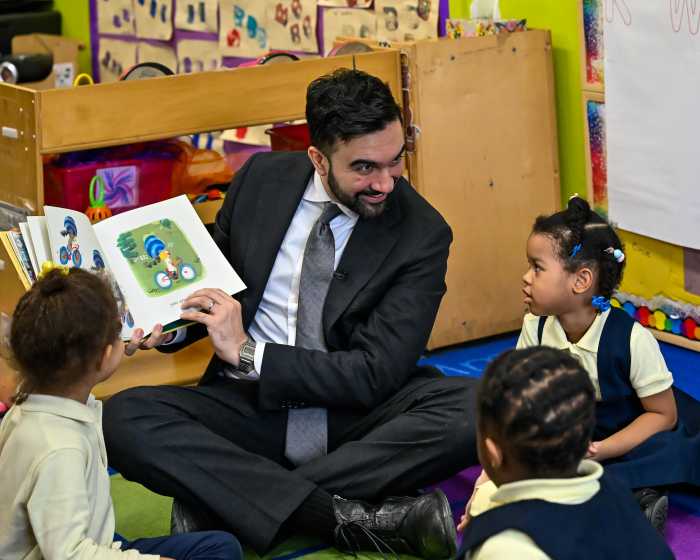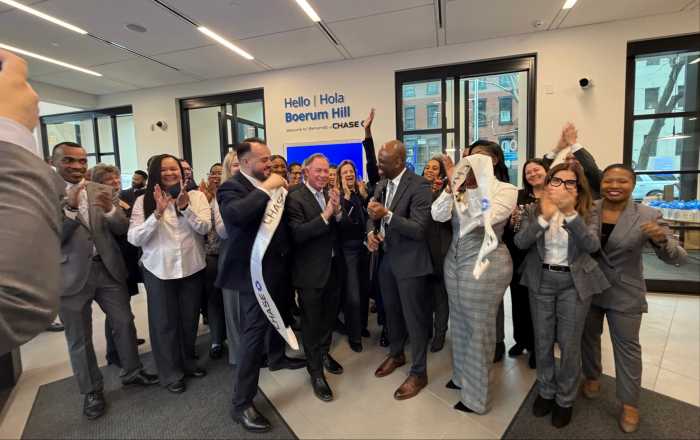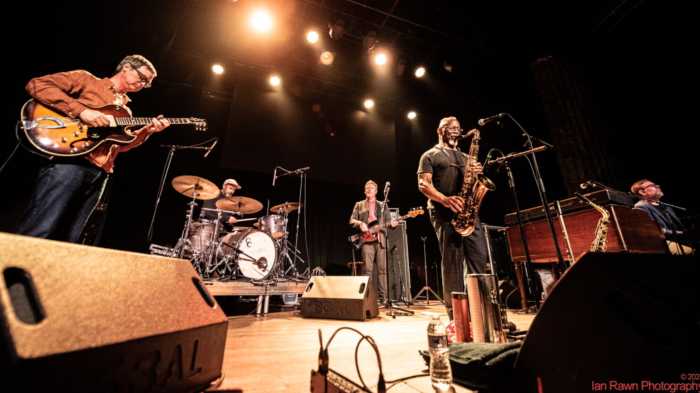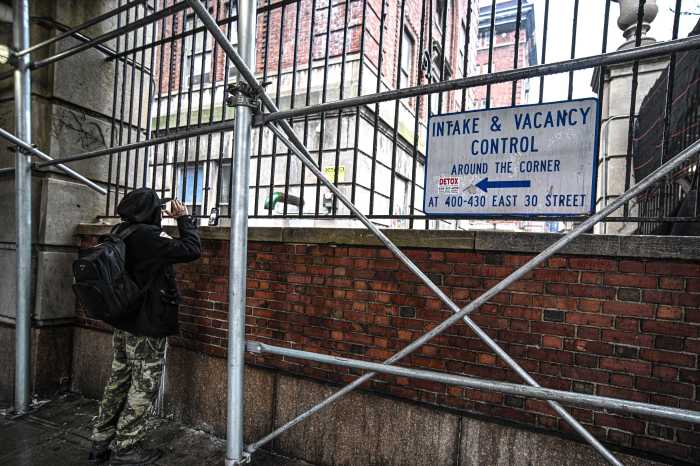It’s fitting that New York City’s first public Arabic-language and culture school should be named for poet and novelist Khalil Gibran, who embodied the notion of dual identity, published in both English and Arabic, and was an early advocate of the emancipation of women. His works have been translated into more than 40 languages.
Gibran (1883–1931) was born in Lebanon, but moved to Boston in 1895 and to New York City in 1912. He spent a good part of his life moving between the East and West and his most famous works — “The Prophet” and “Jesus, the Son of Man” — reflect that dualism.
“He is the ideal person to name an Arabic-language and culture school after,” said Professor Suheil Bushrui, who holds the Khalil Gibran chair at University of Maryland and has written a Gibran biography.
“He was a bridge between two cultures and he wrote in two languages, and his influence in the Arabic world was responsible for the great literary renaissance in the Arab world. All modern Arabic poetry has been influenced by Khalil Gibran. There’s no doubt the about that.
“Gibran was also a great believer in the unity of religion. In one of his passages, he wrote, ‘You are my brother and I love you. I love you at prayer in your mosque. At your devotions in your church. At your worship in your synagogue. For you and I are the sons of one religion, the Spirit.’
“But what is really very important is that he [combined] the new world… with the time-tested values of the old. How much today we are in need of this marriage of spiritual values and the dynamism and power of progress. If these two can be put together, they can solve all the problems of the world in no time.”






















